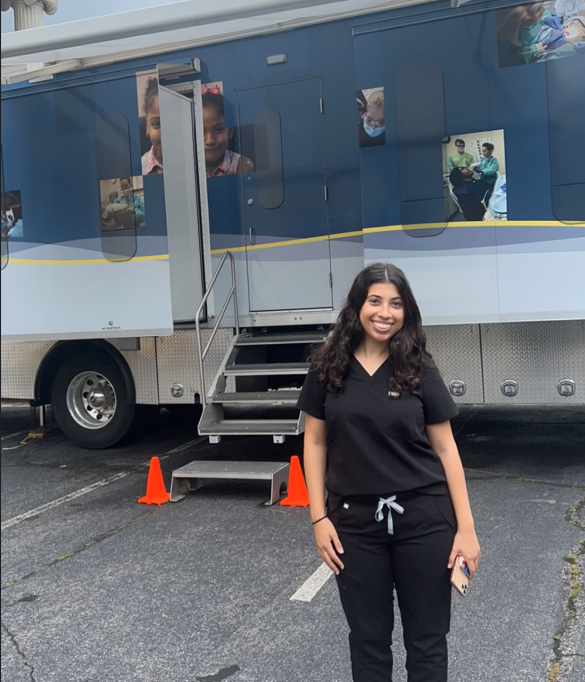Forging a Future
I was just seven years old when I noticed how little I knew about my family history compared to my peers. Our assignment was to craft a family scrapbook complete with a family tree, a treasured recipe, and an interview with a grandparent. This already seemed nearly impossible to me as, outside of the language barrier, my grandma suffered from dementia.
She was my last link to Palestine; born in Gaza, she lived through the Nakba and fled with her family years later. However, as a result of her disease, stories from my family’s past ended with her, leaving me ignorant about our other ancestors. As I observed my classmates constructing family trees that resembled towering redwoods, my own family tree seemed like a short sapling with sparse branches.
In the absence of an assumed rich family history, all I could discern were missed opportunities. While contemplating my future academic pursuits, I witnessed my mother's yearning for me to pursue a career she herself had never been able to attain—a dream of becoming a dentist, hindered by the lack of a passport or nationality needed to pursue higher education. This realization highlighted the double-fold limitations faced by refugees; it was inaccessible to both receive and provide healthcare. Evidently, refugees grapple with multiple barriers in the most foundational societal aspects, contributing to disparities. It is in these moments that I recognized that there is privilege embedded in a stable and well-established family history.
Being the product of generations of refugees means becoming familiar with absence. Fleeing your ancestral homelands takes immense courage, but it also entails displacing your existence and abandoning it until the familiar life you once knew fades into distant memories. This absence permeates every crack within individuals and society until it is felt all around. I see this absence in a mother that hates to dwell in the past. I see this absence in a father who has a rock collection from his hometown. I see this absence in every unconventional January 1st “birthday” celebration. Being the descendant of refugees translates into the erasure of our history and the enduring ambiguity that surrounds it. All I can focus on is the future because it was all I was afforded.
MERA represents my aspiration to construct a brighter future for the succeeding generation to embrace. It is forged by the efforts of refugees who understand the effects of pervasive disparities, born out of their lived experiences and generational history. We hope that you share this vision for a better tomorrow and follow us as we fulfill it.

